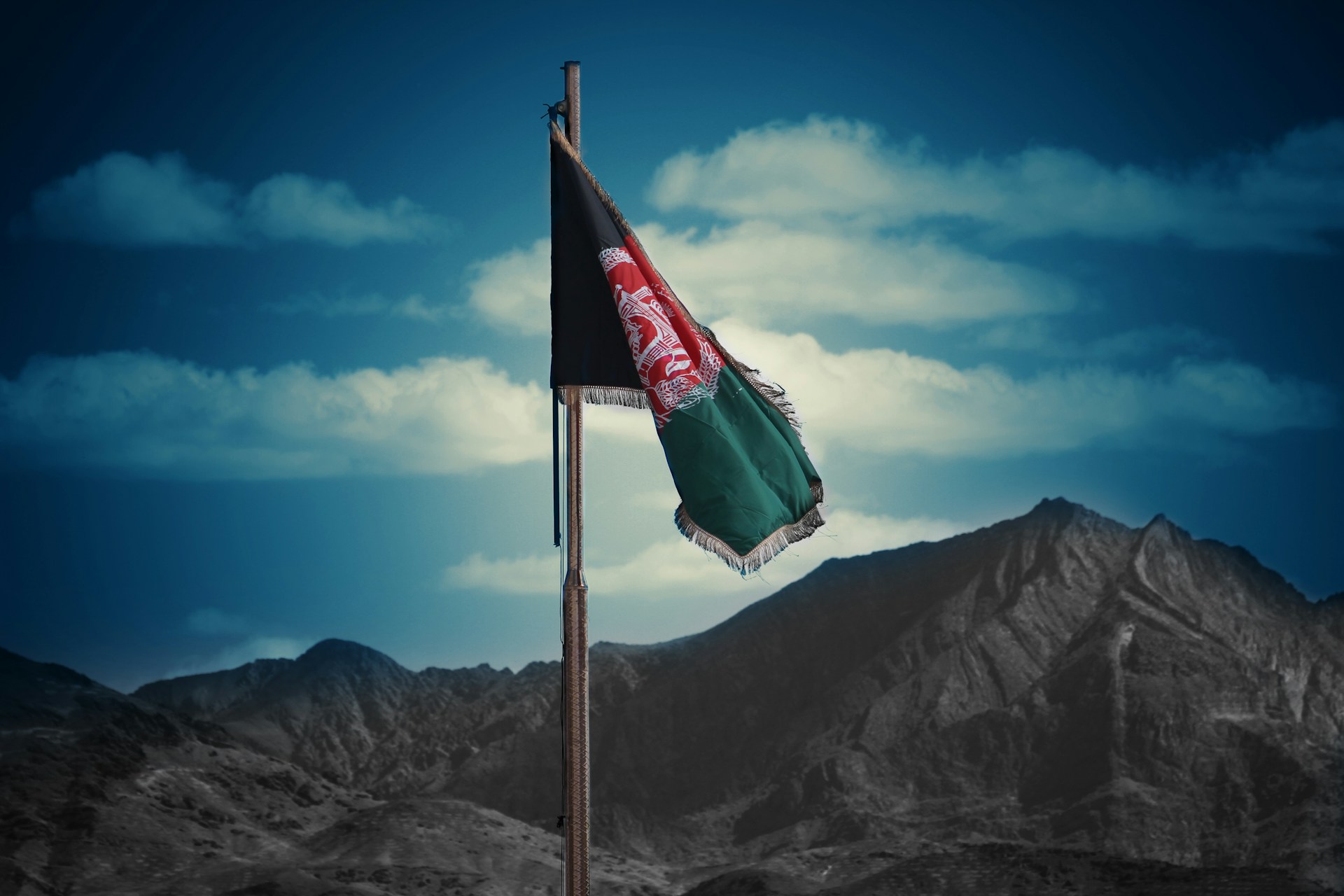The UN Assistance Mission in Afghanistan (UNAMA) in its fresh report has raised objections on some activities of the Ministry for the Promotion of Virtue and Prevention of Vice (MPVPV).
The UNAMA report said that since its establishment, the activities of the de facto MPVPV had negative impacts on the enjoyment of human rights and fundamental freedoms in various aspects of life for people living in Afghanistan, with a discriminatory and disproportionate impact on women.
The de facto MPVPV has issued instructions on obligations and prohibitions based on the de facto authorities’ interpretation of Islamic law.
The UNAMA report said the instructions are issued in a variety of formats and often only verbally, and in certain cases lack clarity, consistency and legal certainty.
Failure to adhere to any of these instructions could at times lead to severe punishments.
The ambiguities and inconsistencies surrounding the instructions issued, the unpredictability, severity and disproportionality of punishments associated with non-compliance, and restrictive measures to regulate activities of individuals in the private sphere all contribute to a climate of fear and intimidation among segments of people living in Afghanistan. Many of the instructions interfere with women’s public and private lives.
Reacting to the report Taliban said the criticism from UNAMA regarding the procedures of the MPVPV and Hearing Complaints in Afghanistan is unfounded.
A statement posted on the Taliban Chief Spokesperson Zabihullah Mujahid’s x.com said the rulings recommended by these ministries are based on well-established Islamic principles. Unfortunately, the authors of the UNAMA report are attempting to evaluate Afghanistan from a Western perspective, which is incorrect.
nh
Views: 9












